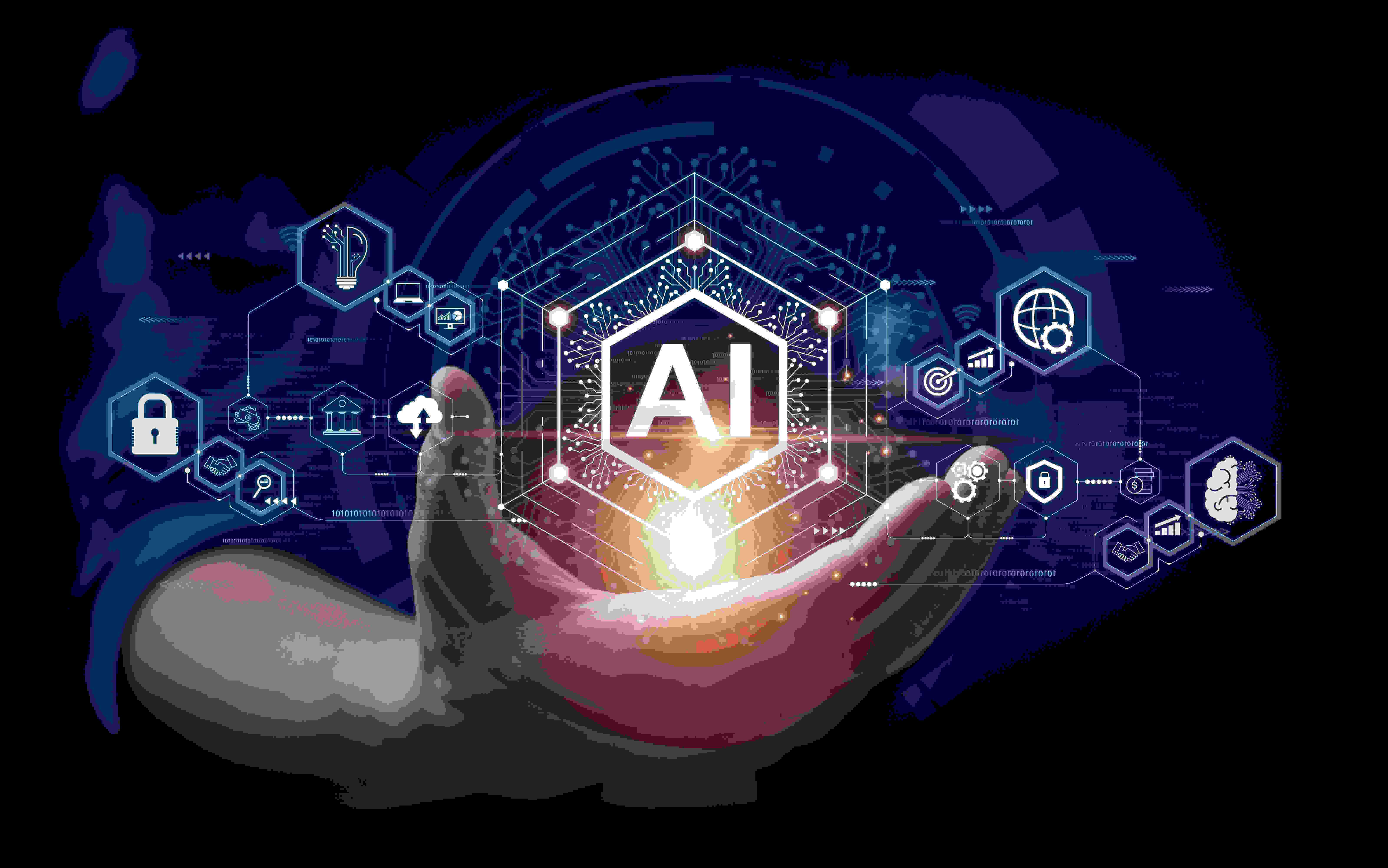
INTELLECTUAL property (IP) advocate and law expert Brenda Matanga has called for the formulation of regulations to address the challenges posed by artificial intelligence especially on IP.
The call comes as AI and data analytics are reshaping the business world, transforming how companies handle data and make decisions.
Speaking at the Law Society of Zimbabwe’s four-day 2024 Summer School that ended in Nyanga yesterday Matanga said the automation process involved the reliance on data as it relied on IP.
Typically, IP is copyrighted, leading to complex legal implications when using AI.
“The conversation surrounding AI and intellectual property is crucial as we navigate this rapidly evolving landscape. Legal reforms and ethical considerations must be prioritised to address the challenges posed by AI technology,” Matanga said.
“Artificial Intelligence is increasingly recognised for its problem-solving capabilities, especially as it mimics human-like functions through techniques like machine learning. This enables machines to tackle complex tasks such as problem-solving, language comprehension, and creative processes.”
She said the reliance on AI systems for information, especially on the internet, which was guarded by copyright laws, raised legal implications not yet recognised in Zimbabwe.
“One significant area of AI's impact lies in content creation and language understanding. The growing reliance on AI can be attributed to its ability to address pressing global challenges, including climate change, healthcare, finance and e-commerce. I have found AI solutions beneficial, but its potential to solve larger societal issues is noteworthy,” Matanga said.
“However, this automation process raises concerns about the reliance on data that is often protected by intellectual property laws. Much of the information available online is copyrighted, leading to complex legal implications as AI systems utilise this data to generate new content.
She said AI raised significant questions about IP rights.
“AI systems generate content by accessing a vast array of copyrighted materials, which complicates the definition of ownership,” Matanga said.
She said the current IP laws in the country typically recognised only human creators, leaving a legal vacuum regarding AI-generated works.
“For example, last year, an AI tool created music mimicking popular (Canadian) artists like Drake and The Weekend, raising concerns about consent and copyright infringement,” Matanga said.
“This situation prompts critical questions: Can AI be considered an author? Who owns the economic rights to AI-generated content? Beyond legal frameworks, ethical guidelines are essential to prevent the misuse of AI-generated content.”
The legal fraternity agreed that establishing ethical standards would ensure that AI was used responsibly.
“In conclusion, the conversation surrounding AI and intellectual property is crucial as we navigate this rapidly evolving landscape. Legal reforms and ethical considerations must be prioritised to address the challenges posed by AI technology,” Matanga said.
She said jurisdictions approached it differently.
“In South Africa, a patent was granted for an invention credited to an AI system, challenging traditional definitions of authorship. In contrast, the US maintains that copyright protection should only be awarded to human creators. Meanwhile, countries like China are beginning to recognise AI-generated works within their copyright frameworks,” she said.
“Given the varied approaches, it is vital for jurisdictions, especially those with less developed AI ecosystems, to start considering the implications of AI on IP law. We must engage in discussions about revising copyright and patent laws to address these emerging challenges.”










